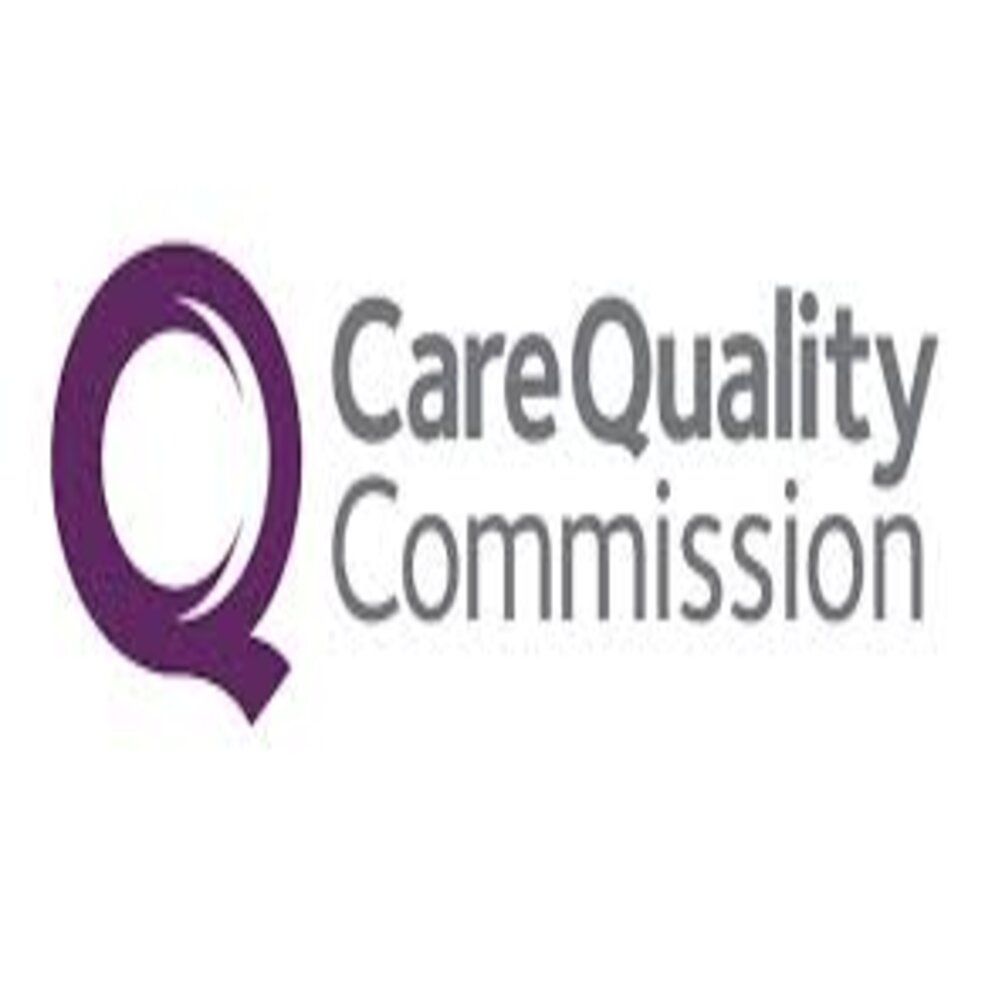On Thursday 21st March, our Operations Officer, Jamie Bloomfield, attended the UK Care Week, at the NEC Birmingham, on behalf of our members, to network with essential contacts and learn from fantastic speakers in the sector.
1) Artificial Intelligence (AI) in Care
The day began with Jamie witnessing Katie Thorn (Project Lead from the Digital Care Hub) seminar on ‘Artificial Intelligence (AI) in Care’.
The points discussed from Katie was how is AI used in care, including using chatbots that can:
- draft policies and procedures
- summarise meeting notes
- create activities for clients in care services.
- limit staff admin time through listening to someone speaking about something and creating a presentation from the information. This is useful when a care provider may attend a conference and/or training session and may want to relay the information to their team.
2) Panel Discussion- Technology for Workforce Wellbeing- help or hindrance?
Jamie then listened to a panel discussion with:
- Paula Cashmore (Founder of Achievable Care Quality Community)
- Lee Trueman (Commercial Director of Health Automated)
- Matthew Bond (CEO and Co-Founder of Borderless)
- Jack White (Founder of Health Automated)
- Marianne Mills (Director of 2M Training)
- limiting admin time, ensuring managers may not end up taking work home, due to the support of technology
- the use of online courses and digital systems can reduce the length and complexity of sheets of paper when training staff
- wellbeing can be supported through the use of apps that monitor staff’s wellbeing through a scoring system (can be anonymous) and can offer ideas of next steps if scores point to a concern, whether this be through company counselling services, or management support.
- Digital Social Care Records avoids mistakes through prompts and reminders and ensures staff are accountable for tasks
- Staff, service users and families may be hesitant to use technology and it is up to the manager to ensure there is suitable training and guidance around the benefits such as ‘the more information that is held in a persons care record, the better the standard of care will’
- People may be concerned that their data isn’t safe – managers must ensure they outline what policies and procedures are in place that ensures data processing is safe.
Keynote Speaker- Helen Whatley, Minister for Social Care- Current and Future Plans
- The DHSC has created a ‘Care Workforce Pathway’ to support the development of a professionalisation of the workforce, to enable higher rates of pay going forward, including the rise of the National Living Wage.
- There will be a training fund released later this year, specifically for Registered Managers.
- There will be a new fund released in the summer for Apprentices and Nursing in Social Care.
- The DHSC will be creating a new Digital Passport for training in social care, so employees can move to another care organisation and can take their training with them.
- The DHSC has released an Adult Social Care Technology Fund for the implementation of AI and resources such as ‘Robo Pets’ in care services.






















